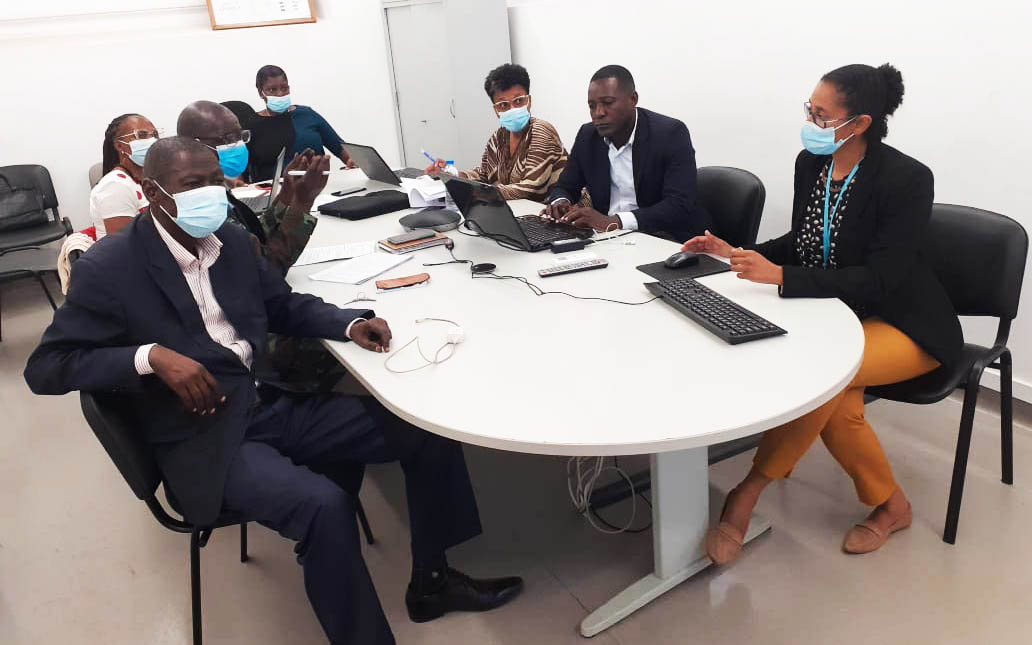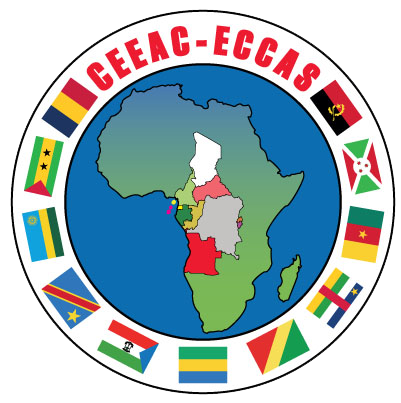ANGOLA DEVELOPS A CONTINGENCY PLAN FOR THE PREVENTION OF THE EBOLA VIRUS DISEASE

Luanda, 6th July 2022 - According to the assessment of the World Health Organization (WHO), if the current Ebola outbreak spreads to Congo Brazzaville and Zambia, the risk of propagation is considered high in Angola, taking into account that the main points of entry into the country are via land borders, airports, and international ports.
Within the scope of the "One Health" strategy and taking into account the current situation of the epidemic in the DRC, the Ministry of Health, through the National Directorate of Public Health, in collaboration with other ministerial departments, saw the need to update the Multisectoral Contingency Plan, to reduce the risk of Ebola virus introduction and ensure an adequate response.
Thus, from the 30th of May to the 3rd of June of the current year, a meeting was held at the National Institute for Health Research (INIS) to update the Contingency Plan for the prevention of Ebola in Angola.
Guided by Dr. Lutumba
Agostinho (Coordinator of the National Emergencies Program of the Ministry of
Health and Component 2 of the REDISSE IV Project), the activity aimed to adopt
measures to detect, prevent and stop the spread of Ebola virus disease (EVD) in
Angola early. More specifically, the outlined
objectives were:
- The definition of the Health Sector's action strategy by the Public Health Emergency Response;
- The implementation of a coordinated and standardized response to improve the management of the situation;
- The activation of the Public Health Emergency Operations Center for coordinated management of the Response;
- The adoption of measures to reduce the risk of the Ebola virus spreading in the country.
The activity had a theoretical and practical component characterized by consensual discussions, in which a total of 20 technicians from the Ministry of Health, respectively from the National Directorate of Public Health, the National Institute for Health Research, and the General Sanitary and Pharmaceutical Inspectorate; the Ministry of Interior (Health Directorate of the National Police General Command and National Civil Protection and Fire Service); the Ministry of Defense and Homeland Veterans (FAA Health Services Directorate); Ministry of Agriculture (Veterinary Services Institute); Ministry of Culture, Tourism, and Environment (National Waste Agency); WHO; representatives of the Private Sector; and the REDISSE IV Project financed by the World Bank.
During the plenary sessions, the technicians performed in groups of four in a healthy working environment, in which everyone contributed with active participation.
Laissez un commentaire
Votre adresse de messagerie ne sera pas publiée. Les champs obligatoires sont indiqués avec *
















